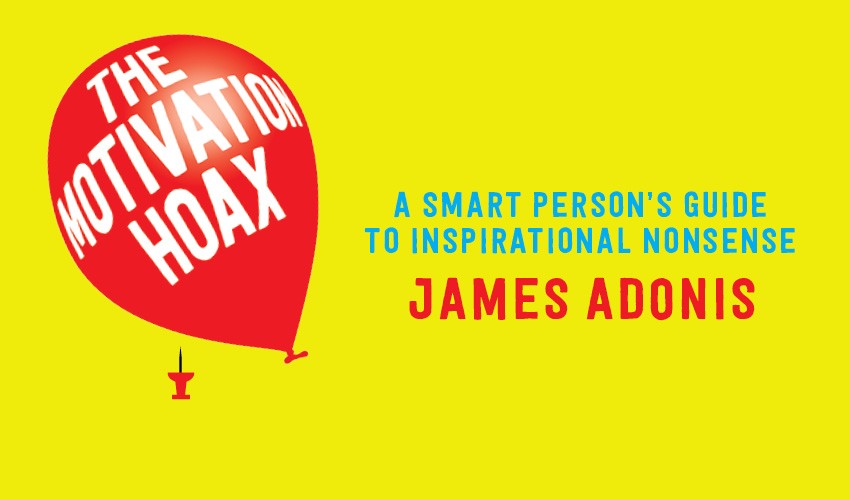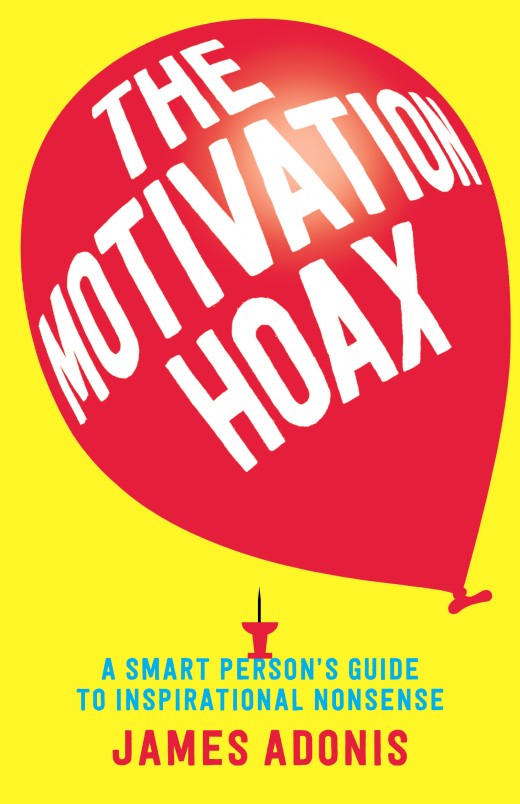News

News > Extract
‘Choose a Job You Love and You Will Never Have to Work a Day in Your Life’
‘Choose a Job You Love and You Will Never Have to Work a Day in Your Life’
Let’s put aside the first word of this enduring Confucian wisdom and focus instead on the core essence of its inaccuracy: the notion that a lovable job does not equate to hard work – or work at all, for that matter.
Actually, no, it would be remiss of us to overlook that first word, since it represents much of what’s wrong with this quotation. That word – choose – claims that people really do have a choice when selecting their job. It insinuates that those of us in jobs we hate, or jobs we mildly dislike, have intentionally chosen those career paths. One might even say that to be spoiled for career choice is a luxury of living in the West – which would be amusing, considering the origin of this quotation. Even among those living in the First World, though, a vast majority have little choice in the vocation they end up pursuing. It’s usually a selection between Ordinary, Crap and Shit – and sometimes just Crap and Shit. For reasons of poverty, lack of opportunity, limited intellect and other forms of non-self-inflicted disadvantage, the freedom to choose one’s career so that it generates this thing called ‘love’ is really only in the purview of the few.
It’s nice to imagine that choice is widely available – that we can choose to be a ballerina or a sports star, a carpenter or a writer, a teacher or a fashion designer – but the sad reality is we cannot. Most people are stuck with choosing between cleaning homes or cleaning offices, working in factories or working in call centres, driving cabs or driving trucks. The sort of choice to which Confucius referred has, more often than not, been unavailable to many workers. In many cases, the only choice they have is between working and not working at all.
But anyway. Let’s move on to the core issue, which is essentially the notion that a job you love is the ticket you need to a life in which work doesn’t really exact a toll. In order to articulate the inaccuracy of this quotation, it’s important to explain a term known as ‘employee engagement’, which is a better way to conceive of the ‘love’ an individual might feel at work.Employee engagement occurs when an employee is so switched on at work – so motivated, focused, interested and involved – they end up producing some of the best work imaginable for their employer.
Engaged employees are almost always connected meaningfully to their organisation on three different levels:
- They exert greater physical effort in the work they do;
- They invest more of their cognitive capacity into their tasks;
- They feel emotionally linked to their boss, their colleagues, their employer and, yes, their job.
So when we talk about choosing a job you really love, the only construct we should be looking at is employee engagement, because it represents the most deeply infatuated of workplace-related loves. Which means that if you’re a devotee of Confucius’s quotation, you might assume you wouldn’t necessarily be ‘working’ if you happened to be engaged at work. But this isn’t true. For various reasons.
Even the most engaged employees experience periods of disengagement, during which the job they love is still very much, well, a job.
Let’s begin with what’s perhaps the most obvious: that no one actually loves their job all of the time. No job is ever that perfect. This means that even the best and most lovable of jobs will contain experiences you absolutely love and experiences you seriously loathe. And as the most credible of research tells us, this usually happens not just once in a while but every day, perhaps from hour to hour or even minute to minute. That’s why diary studies are especially instructive when we’re seeking to understand the fluctuating nature of employee engagement. Since engagement is a relatively recent addition to the management lexicon, only about two dozen studies have been conducted in relation to the way it fluctuates throughout the workday. And a summary of these studies has concluded that it ‘fluctuates significantly’. There are many reasons why. Sometimes, employees may have a lot of support from their colleagues; other times not at all. At one moment they might have a sense they’re adequately balancing work and life; at other moments they might feel it’s all getting out of control. At certain points during the day, their leader might be caring and attentive, while at other times that same leader may be neglectful and inconsiderate. There are dozens of other factors that could also trigger states of engagement or disengagement.
The old Confucian quotation, which, while well intentioned, is evidently mistaken. It might be more aptly reworded as:
‘Have a Job You Love, and You Will Still Have to Work Most Days in Your Life.’



